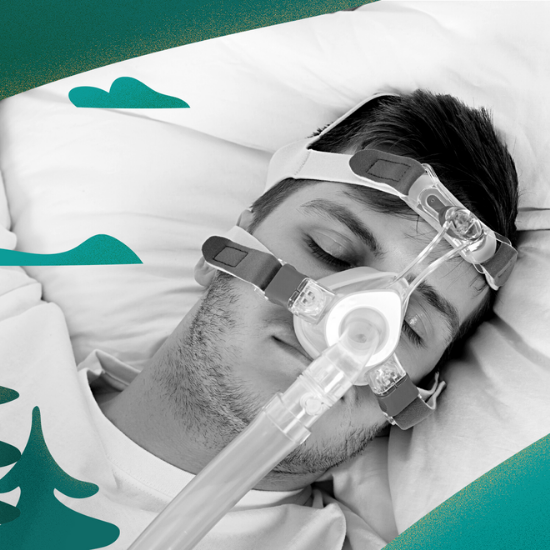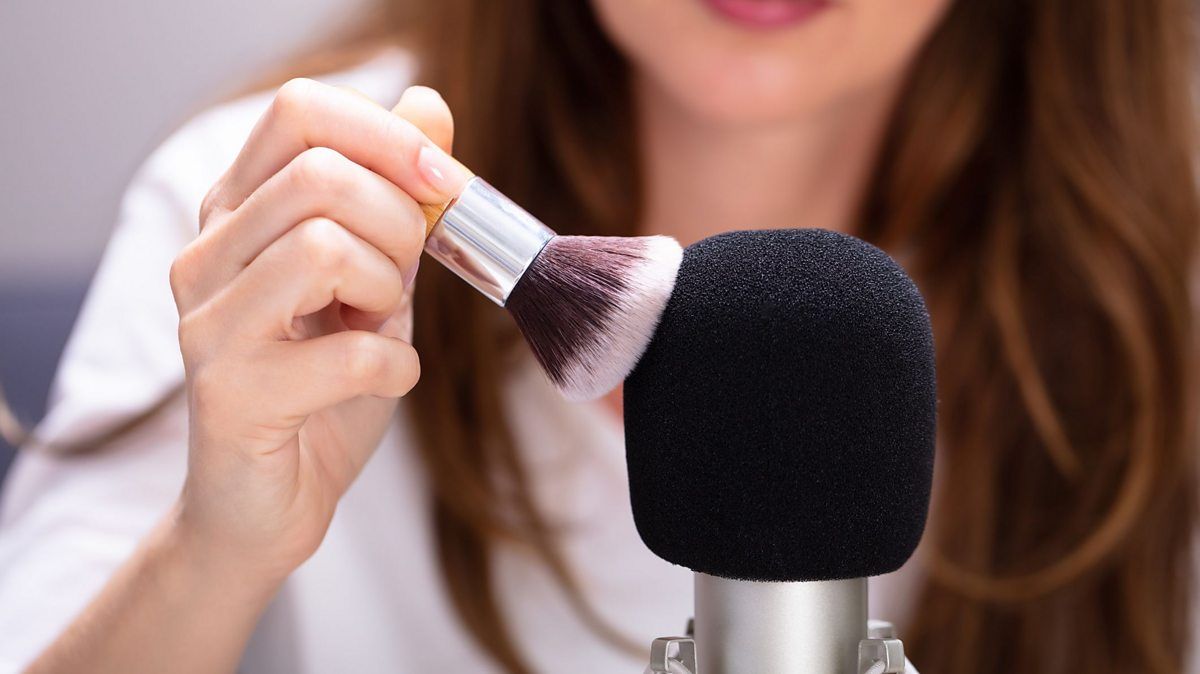
Sleep Apnea: Your Questions Answered
According to statistics, 25 million Americans suffer from sleep apnea, a serious breathing and sleep condition linked to cognitive impairment, heart disease, hypertension and stroke.
Obstructive sleep apnea (OSA) is where the muscles in the upper airway collapse, forcing you to wake up and take a breath. In those with severe sleep apnea, this can happen hundreds of times in a night, causing sleep to be extremely fragmented.
While it is more common than most people think, it’s also extremely misunderstood. It’s important to learn fact from fiction, to be able to deal with it effectively. This article is going to look at the common questions surrounding sleep apnea and find out the truth.
How Does Sleep Apnea Cause Hypertension?
When you stop breathing during sleep, this causes stress hormones to be released into the body. These hormones over time can lead to a stroke, high blood pressure and heart disease.
How is Sleep Apnea Associated with PTSD?
Individuals suffering from severe sleep apnea are more likely to have a severe form of PTSD. The same is seen the other way around, with individuals experiencing severe PTSD, being more likely to have a severe form of sleep apnea.
It is theorized that this is because sleep apnea lowers sleep quality, thus worsening PTSD symptoms.
Does Sleep Apnea Cause Parkinson’s Disease?
Evidence from previous studies has shown that chronic intermittent hypoxia, and sleep loss associated with sleep apnea, increase levels of inflammation and leads to oxidative stress. The conclusion was that the risk of developing Parkinson’s, in those with sleep apnea, was 1.85 folds higher than those without.
Can Sleep Apnea Cause Brain Damage?
Severe sleep apnea has been linked with brain damage and memory loss. Obstructive sleep apnea (OSA), causes muscle relaxation in the throat, temporarily blocking the airway, leading to the oxygen supply being cut. This can have a severe impact on the brain if left unchecked for a long period.
Can Sirsasana Cure Sleep Apnea?
While there's no data about the Sirasana position (yoga headstand), studies have shown yoga to be an effective and constructive alternative to physiotherapy for sleep apnea and people who snore. 23 patients with mild to moderate sleep apnea were given a set of yoga exercises to do over a 3 months period. The results were positive and comparable to those seen after physiotherapy.
Can Damage from Sleep Apnea Be Reversed?
It is possible to reverse the damage caused by severe sleep apnea. A neuroimaging study showed that white matter damage caused by OSA, can be healed by positive, continuous airway pressure. After 12 months of CPAP therapy, white matter damage was seen to be almost completely reversed.
Is Sleep Apnea Genetic?
The risk of developing OSA is 50 percent greater for those who have an affected first degree relative than in the general public. According to scientific studies, central sleep apnea and complex sleep apnea syndrome, show little evidence of being hereditary.
Does Sleep Apnea Cause Weight Gain?
Sleep apnea can affect the ability to maintain a healthy weight. It’s thought this is due to its overall effect on energy levels. When a person is deprived of sleep in the long term, it can lead to a lowered motivation to exercise and eat healthily.
Can Sleep Apnea Kill You?
It’s extremely unlikely that short breathing pauses caused by sleep apnea will kill you. However, in those suffering OSA long term, chronic side effects such as high blood pressure and stroke could lead to sudden death.






















